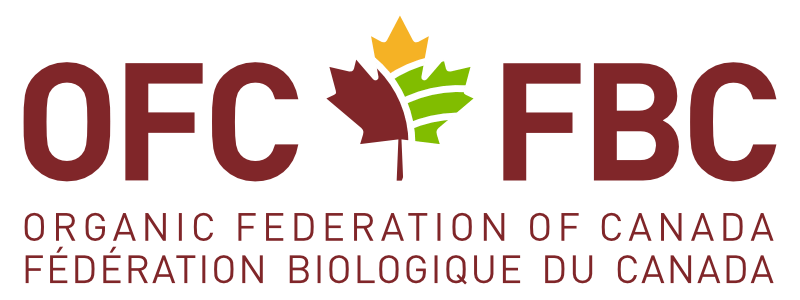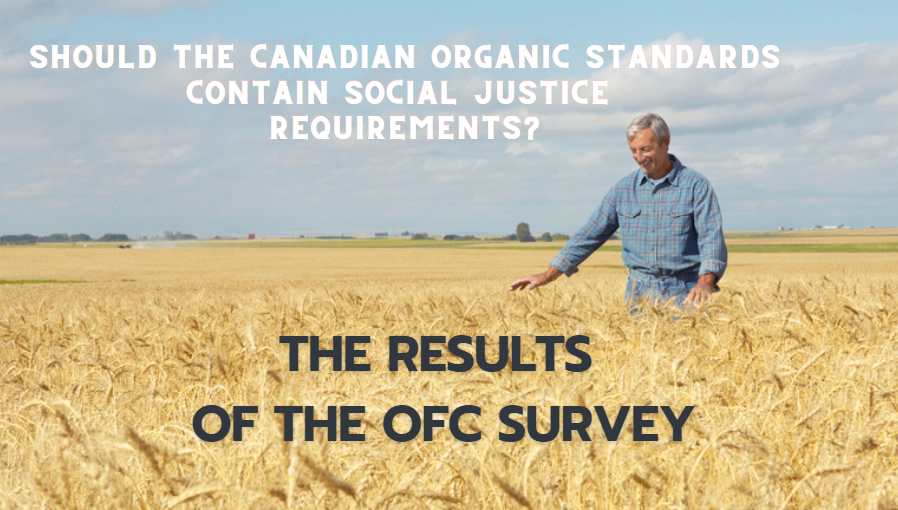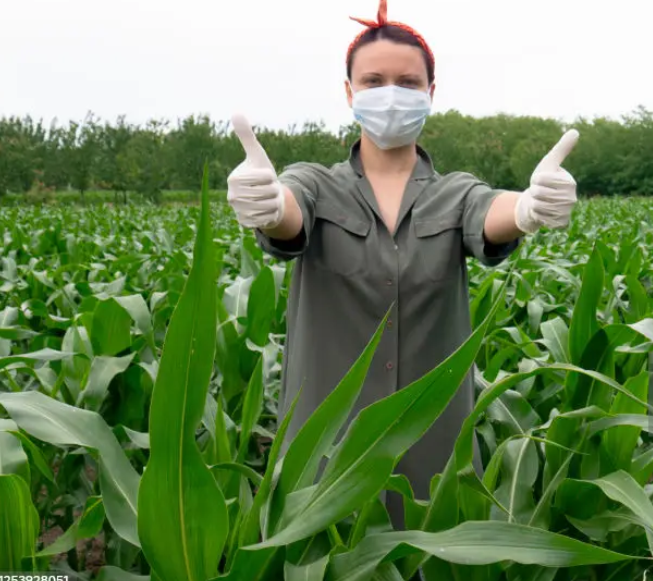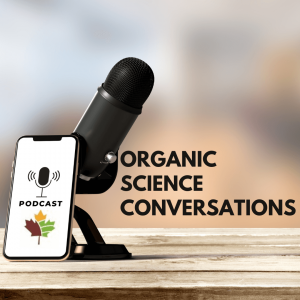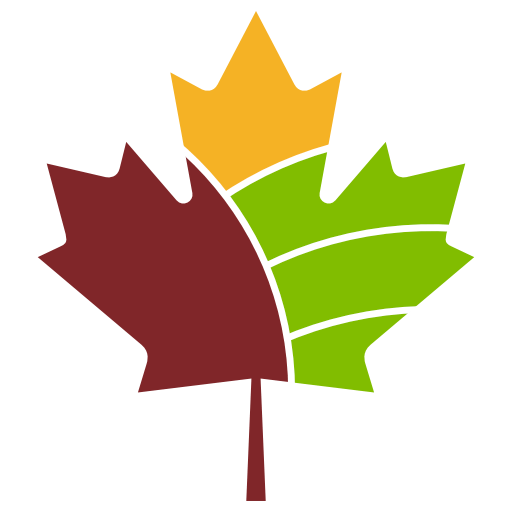All it takes is one sprout to make a potato unmarketable. A farmer can grow a perfect crop and harvest beautiful, undamaged tubers, then lose the entire crop if it starts to sprout. Consequently, farmers, processors and wholesalers take steps to inhibit this natural sprouting process.
Cold storage conditions delay sprouting, but only for so long. Also, there is a narrow window of ideal storage temperatures. Long-term storage below 7C leads to a conversion of starch to sugar, which leads to blackening when fried. To inhibit sprouting, most North American non-organic farmers treat potatoes with isopropyl N-(3-chlorophenyl) carbamate, a herbicide also known as chloropropham or CIPC.
Due to health concerns, this product is being phased out in Europe for all farms (organic and non-organic). CIPC is not permitted in organic production.
For Canadian organic farmers, finding a suitable sprout inhibitor is a challenge.
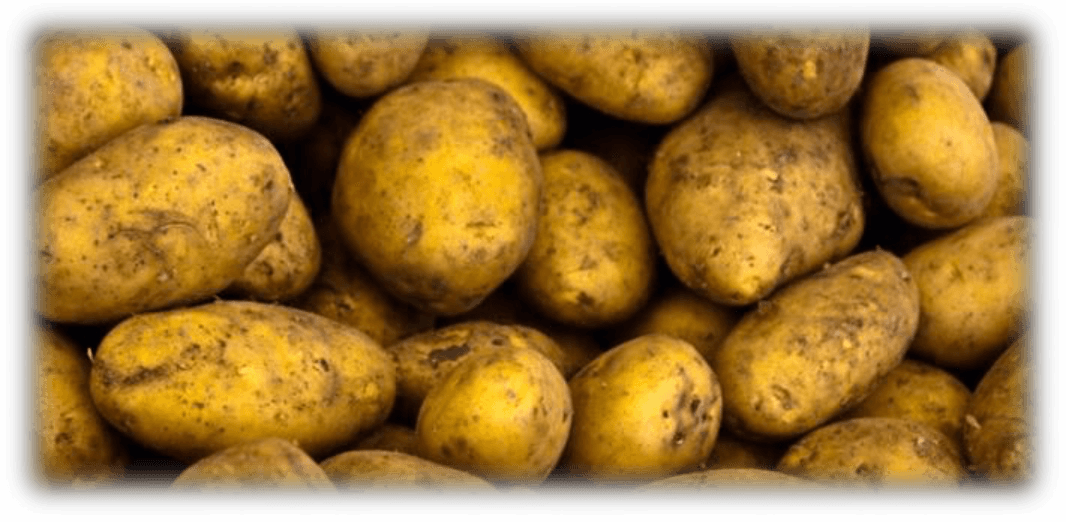

Decco clove oil was allowed for emergency use since 2015 and PMRA now requires a full application for registration, involving scientific studies to assess the risk and impact on environment.
Due to this tangle of red tape, “there is a risk of losing $14,000,000 of farm gate sales of organic export potatoes from PEI, NB, MB and SK,” according to Sebastian Ibarra Jimenez, the Agri-Environmental Specialist with the PEI Department of Agriculture and Land. PEI alone could lose $5.6M – the value of exported organic potatoes.
The challenge lies in finding a suitable product that meets the requirements of three levels of regulations, the US Department of Agriculture (USDA), Health Canada’s Pest Management Regulatory Agency (PMRA) and the Canadian Organic Standards (COS).
We’ll examine each in turn, but in a nutshell the issue is that USDA requires sprout inhibitors for certain imported potatoes. The substance used must be permitted by the COS and the specific brand-name product must be registered for sprout inhibition by PMRA. Currently, most, if not all, organic producers who want to use a sprout inhibitor use the Decco clove oil product, but this is no longer an option, at least for the upcoming harvest.
USDA and Island Spuds
Since 2015, the USDA has required that all PEI potatoes “must be treated with a registered sprout inhibitor if they were harvested more than 30 days prior to shipment[1],[2].” Why PEI? This is the only province where Potato Wart disease (Synchytrium endobioticum) has been found. If PEI producers can’t treat their potatoes, they don’t have access to the export market that many growers rely upon.
“Without access to the lucrative US table market,” Karen Murchison states, “many of our organic producers with potatoes as the main cash crop in their rotations would not continue as certified organic operations. We would lose considerable acreage – approximately 2500 acres of potatoes and 10% of our farms, not to mention the additional 6000-7500 acres in rotation with potatoes. This would be enormously detrimental to the organic sector here on PEI.” Murchison is the Research Coordinator of the PEI Certified Organic Producers Cooperative (COPC).
[2]www.aphis.usda.gov/import_export/plants/plant_imports/federal_order/downloads/2015/DA-2015-01.pdf
Organic Standards
In the Permitted Substances Lists3 (PSL) of the 2020 COS, sprout inhibitors are explicitly mentioned in two places. In Table 4.2 Substances for Crop Production (column 2), the annotation for “Plant extracts, oils and preparations” specifies that “clove oil is permitted for sprout inhibition in potatoes.” In Table 8.3 Post-harvest substances, clove oil is permitted “as a sprout inhibitor” and ethylene is permitted “…to control sprouting of potatoes post-harvest in holding bins.” Other permitted post-harvest substances include carbon dioxide, nitrogen and oxygen, as well as certain formulants used in conjunction with these substances.
The Canadian Organic Standards (COS) permit the use of ethylene and (non-organic) clove oil as sprout inhibitors (see box).
Ethylene is not currently used by PEI potato growers nor registered by PMRA for this use. One shortcoming is that ethylene has no long-lasting effect. It can inhibit sprouts while they are in storage and exposed to ethylene, but that effect is lost as soon as the tubers are moved out of that environment. PMRA had registered an ethylene-based product, EcoSproutGuard, to McCain Foods in 2012 but that registration was soon cancelled. However, the recent push for alternative inhibitors in the EU has led to increased interest in ethylene.[4] Hydrogen peroxide, like ethylene, can inhibit sprout production but has no lingering effect.
Canadian farmers and wholesalers have been fogging potatoes with a thin mist of Decco-brand clove oil to inhibit sprout production. This product is OMRI-certified and also used by American organic growers.
Note the US registration for the product is simplified because this product falls under the GRAS (Generally Regarded As Safe) designation
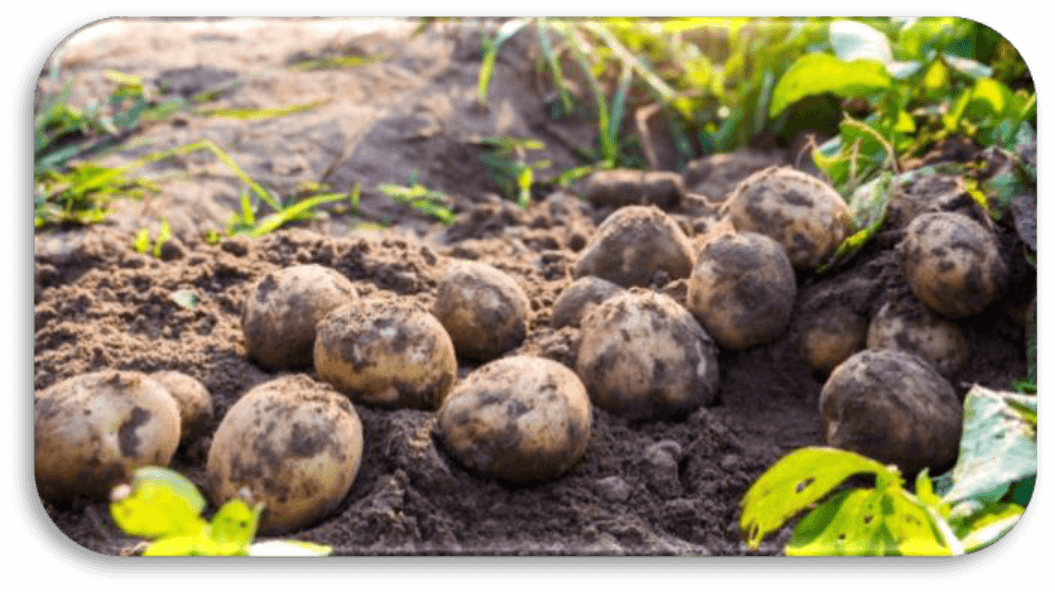
Pest Management Regulatory Agency
Pest Management Regulatory Agency (PMRA) is the branch of Health Canada that is responsible for pesticide regulation. Sprout inhibitors are considered growth regulators and are classified as pesticides; this means that they fall under PMRA’s rule. Unlike the Canadian Organic Standards, which lists permitted substances, such as clove oil, PMRA registers specific brand-name products. The registration process is slow and costly, involving years of research on the potential impact of pesticides on human health and the environment.
When the USDA imposed the sprout inhibitor requirement, the company Decco[1] applied for an emergency use registration for its clove oil product “for sale and use in Prince Edward Island, New Brunswick, Manitoba, Saskatchewan, on organic potatoes destined for export to the United States.[2]” (Decco specializes in post-harvest treatments and currently has two other potato sprout inhibitors, both containing chloropropham, registered with PMRA until 2023 and 2025.)
Since 2015, PMRA has granted the emergency use registration each year for the Decco clove oil (DECCO 070 EC). The current registration expires June 30, 2021 and PMRA has indicated that it will not issue another emergency use registration: it is time for Decco to apply for full registration which involves years of scientific studies and applications. The registration process could cost hundreds of thousands of dollars. Canadian potato growers are raising money to help fund this registration, but the question remains: What can PEI organic farmers use on their potatoes this year so they can be exported?
The problem extends beyond the island. Although only PEI potatoes must be treated with a sprout inhibitor before export to the US, growers in New Brunswick, Manitoba and Saskatchewan can also use Decco clove oil for their exports. Farmers outside of PEI have stated that they use the product not just to meet USDA requirements but instead to maintain quality during storage. In fact, although the emergency use registration restricts the use of the product to potatoes destined for export, some growers have mentioned that they use clove and other essential oils on potatoes that are sold in Canada as well.
It should be noted that growers (organic and non-organic) are not permitted to use a pesticide other than for the use listed in the PMRA, even if the product may appear to be safe. It is possible, however, that growers do not realize that sprout inhibitors are considered pesticides, and this may account for the unsanctioned use of clove oil for potatoes for domestic markets.
Alternative sprout inhibitors and the standards interpretation
Due to the phase-out of CIPC in the EU, there is increasing interest in alternative sprout inhibitors.
Clove oil is just one of several essential oils that has been shown to suppress sprouting in potatoes. Essential oils of caraway, peppermint and spearmint, as well as their components (e.g., s-carvone, menthol and eugenol) are also effective[7].
Hydrogen peroxide is another option and, in the past, PMRA had approved the emergency use of a hydrogen peroxide product to be used as a bactericide for storage potatoes, but that registration is no longer active[8].
A European company, Xeda, is producing a mint oil sprout inhibitor called Biox-M. This is currently being used by organic producers in the EU and is permitted by Demeter International for biodynamic production[9]. Xeda has already conducted all background research required by PMRA but has not yet filed an application. It has been suggested that the company is hesitating because the Canadian market will be limited if mint oil is not permitted by the COS.
The public consultation launched on June 15 by the Standards Interpretation Committee will be critical to the export of Prince Edward Island organic potatoes to the U.S. market.
References
[2]www.aphis.usda.gov/import_export/plants/plant_imports/federal_order/downloads/2015/DA-2015-01.pdf
[3] CAN/CGSB 32.311 http://publications.gc.ca/collections/collection_2020/ongc-cgsb/P29-32-311-2020-eng.pdf
[4] https://www.fwi.co.uk/arable/potatoes/how-ethylene-can-help-control-sprouting-in-potato-stores, https://ahdb.org.uk/sprout-suppression-series-1-ethylene, https://www.fruitandveggie.com/potato-and-onion-sprout-control-goes-eco-friendly-2868/
[5] https://www.deccopostharvest.com/en/organization/portfolio/
[6] https://pr-rp.hc-sc.gc.ca/1_1/view_label?p_ukid=198115090
[7] www.extension.uidaho.edu/publishing/pdf/cis/cis1120.pdf, www.ncbi.nlm.nih.gov/pmc/articles/PMC4711416/, www.researchgate.net/publication/226968756_Sprout_Inhibition_in_Storage_Current_Status_New_Chemistries_and_Natural_Compounds, https://www.scielo.br/j/babt/a/cX547qdZNrcGdnjPxFGJgnk/?lang=en, https://nappo.org/application/files/1415/8323/0051/Potato_sprout_inhibition_ST_e.pdf
[8] https://pesticide-registry.canada.ca/en/product-details.html?q=27256
[9] www.demeter.es/wp-content/uploads/2021/05/Demeter_International_Verbandsliste_2021_compressed.pdf

